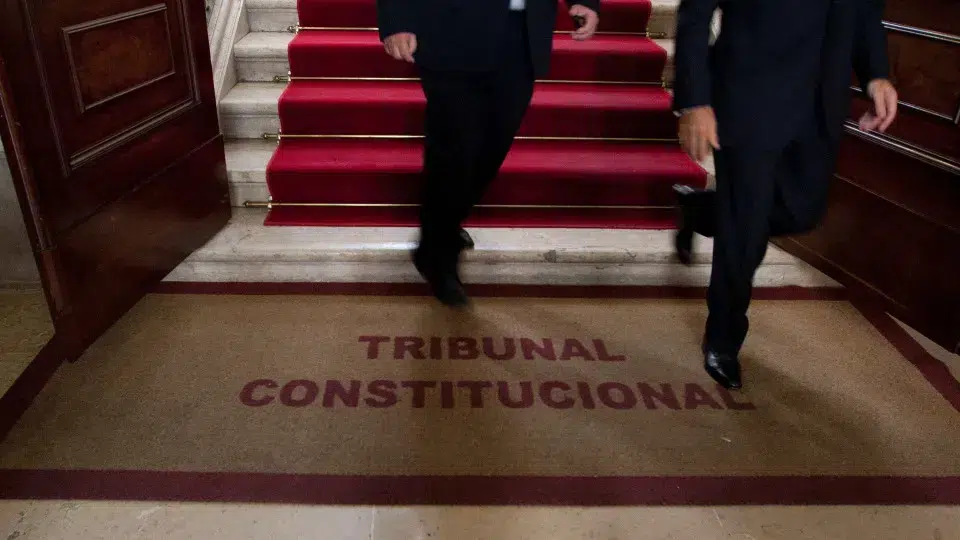
The Constitutional Court has rejected a second appeal attempt by the Competition Authority (AdC) concerning the case known as the ‘banking cartel,’ which aimed to overturn the annulment of 225 million euros in fines imposed on banks.
The August 25 ruling states that the Constitutional Court dismissed the competition regulator’s complaint following the June decision by judge-counselor Afonso Patrão, who refused to admit AdC’s appeal to evaluate the constitutionality of the case.
With this second decision, the court definitively declines to assess whether the Lisbon Court of Appeal’s ruling, which declared the case expired, aligns with the Constitution of the Portuguese Republic and European Union law.
This litigation now concludes with the affirmed decision of the Lisbon Court of Appeal that declared the case expired and annulled the fines against 11 banks convicted by the Competition Court.
According to the Constitutional Court, the issue of unconstitutionality posed by AdC “does not have a normative nature, and therefore, is unsuitable for the concrete review of constitutionality.”
The court understands that AdC did not request it to “interpret the Constitution in harmony with European Union law,” but rather to analyze “the alleged discordance of the interpretation followed by the lower court [Lisbon Court of Appeal] with European Union law in a problem of unconstitutionality regarding, on one hand, the value the Constitution attributes to EU law and, on the other, the judicial effectiveness of EU law.” Therefore, it rejected reviewing the Lisbon Court of Appeal’s decision.
On September 20, 2024, the Competition Court determined that from 2002 to 2013, the leading banks in the Portuguese market colluded to distort competition and confirmed the fines applied by AdC in 2019.
It was proven that the institutions regularly exchanged information by phone and email to share data with competitors about the spreads they would practice and the volume of credit already granted.
The banks appealed the first-instance decision to the Lisbon Court of Appeal, where a panel of judges declared the offense expired, considering that the period during which the case was analyzed at the Court of Justice of the European Union (CJEU) did not suspend the prescription counting.
The decision at the Lisbon Court of Appeal was not unanimous, with one of the three judges on the panel disagreeing with the case being expired.
Both AdC and the Public Prosecutor’s Office appealed to the Constitutional Court to try to prevent the annulment of the fines, but the court promptly rejected the request.
AdC presented an appeal against this decision, which was also rejected.
Like the Constitutional Court, the Lisbon Court of Appeal did not assess whether the banks’ conduct infringed competition, as it considered the case expired from the outset.
An official source from AdC responded to the Constitutional Court’s decision, stating they “did everything possible for this competition law violation to be punished,” especially since it was confirmed by two judicial instances (the Competition Court and the CJEU).
“This decision by the Constitutional Court conference does not invalidate AdC,” says the organization led by Nuno Cunha Rodrigues, noting that the TCRS “confirmed the facts” and the CJEU confirmed it was an “infringement by object (a competition law expression that qualifies offenses as so severe that proving effects on consumers is unnecessary).”
The banks that see their fines annulled include CGD (82 million euros), BCP (60 million), Santander (35.65 million), BPI (30 million), Banco Montepio (13 million euros), BBVA (2.5 million), BES (700 thousand), BIC (500 thousand), Crédito Agrícola (350 thousand), UCI (150 thousand). Barclays was also convicted but did not have to pay a fine for reporting the case to AdC.




